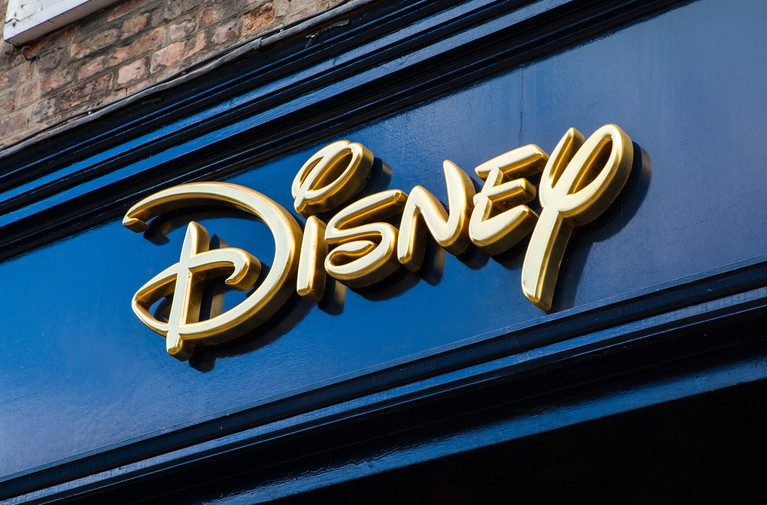In a legal landscape buzzing with tech and healthcare battles, 2025 is shaping up as a pivotal year for litigation targeting corporate giants over vulnerable consumers. From Disney’s YouTube data mishaps to Google’s AI search overviews and ongoing No Surprises Act disputes, these cases spotlight children’s privacy lawsuits, AI search litigation, surprise medical bills suits, FTC children’s privacy actions, and Google AI lawsuit developments—trends that could reshape how companies handle data and billing.
Children’s Privacy Under the Microscope: Disney and FTC Crackdowns
Children’s online safety has surged to the forefront of U.S. litigation, with parents and regulators demanding accountability from tech behemoths. On September 2, 2025, the Federal Trade Commission (FTC) slapped Disney with a $10 million settlement for unlawfully collecting kids’ data via YouTube, violating the Children’s Online Privacy Protection Act (COPPA). The suit alleges Disney tracked minors without parental consent, using the info for targeted ads—a practice echoing broader enforcement trends.
This isn’t isolated; states like California and New York have ramped up minors’ privacy laws, leading to a wave of class actions. For instance, the FTC’s inquiry into AI chatbots’ child safety, launched September 11, probes companies like OpenAI for inadequate safeguards. Experts predict more suits as new state privacy statutes take effect, with Delaware and Iowa joining in January 2025.
Key Cases and Legislative Backdrop
The COPPA Rule amendments, effective June 23, 2025, tighten requirements for operators collecting kids’ data, sparking lawsuits against platforms failing to comply. A Ninth Circuit block on California’s age-appropriate design code until April 2025 highlights free speech tensions, but enforcement persists. Privacy pros forecast a 20% rise in related filings, driven by biometric data and tracking tech disputes.
AI-Generated Search Responses Spark Copyright Clashes
Google’s AI Overviews—those snappy summaries atop search results—are now legal landmines, accused of siphoning traffic and content from publishers. On September 14, 2025, Penske Media Corporation, owner of Rolling Stone and Billboard, sued Google in federal court, claiming the AI tool steals copyrighted material and slashes site visits by up to 40%.
This echoes broader AI infringement suits, like those in media sectors reviewed in April 2025 McKool Smith updates. Reddit’s June 2025 lawsuit downplayed Google’s AI changes’ impact, but publishers argue otherwise, seeking damages and injunctions. The U.S. Copyright Office’s May 2025 report questions AI outputs’ copyrightability, fueling debates.
Publisher Backlash and Tech Defenses
Penske alleges AI summaries repackage articles without credit, harming revenue. Google counters that overviews enhance user experience and drive diverse traffic. Legal eagles predict class actions if courts side with publishers, mirroring EU GDPR fines.
Surprise Medical Bills: No Surprises Act Faces Growing Pains
The No Surprises Act (NSA), enacted in 2022 to ban unexpected out-of-network bills, is now mired in litigation over arbitration biases and non-payments. Providers won 85% of disputes in early 2025, inflating costs by $2-2.5 billion annually, per Healthcare Dive.
A bipartisan bill, introduced August 2025, aims to enforce insurer compliance, addressing cases where plans ignore arbitration losses. KFF Health News reports persistent bills over $400 despite NSA, with patients disputing estimates. Arbitrator variations skew outcomes, raising fairness questions.
Arbitration Woes and Patient Impacts
While out-of-pocket spending dropped for some insured groups, the NSA’s long-term affordability remains uncertain. Through mid-2024, the federal IDR process resolved millions in disputes, but providers dominate wins.
Expert Insights and Public Outcry
Legal experts like those at Wiley warn of escalating private litigation in privacy and AI. Parents on X demand stricter kids’ protections, while publishers rally against AI “theft.” Healthcare advocates push for NSA reforms amid rising premiums.
Relevance to U.S. Readers: Tech, Health, and Wallet Hits
These trends directly affect Americans: Parents face heightened child data risks in a digital world, potentially curbing tech use. AI suits could slow search innovations, impacting daily info access and publisher jobs in a $100 billion media economy. Surprise bills strain household budgets, with politics eyeing fixes under Trump 2.0’s deregulatory lens—possibly easing or complicating reforms.
Conclusion: A Year of Accountability and Change
As 2025 unfolds, these suits on children’s privacy, AI search responses, and surprise bills signal a push for corporate responsibility amid tech and health evolutions. With FTC probes, congressional bills like the Kids Online Safety Act, and court rulings looming, expect settlements reshaping industries. For consumers, vigilance pays; for companies, compliance is key. Stay tuned—children’s privacy lawsuits, AI search litigation, surprise medical bills suits, FTC children’s privacy, and Google AI lawsuit will define legal frontiers ahead.
(Word count: 728)
children’s privacy lawsuits, AI search litigation, surprise medical bills suits, FTC children’s privacy, Google AI lawsuit
